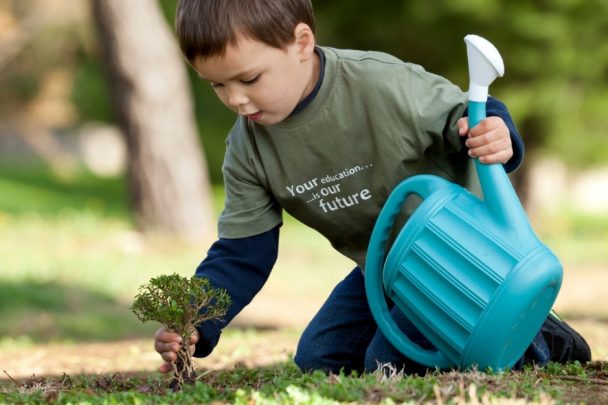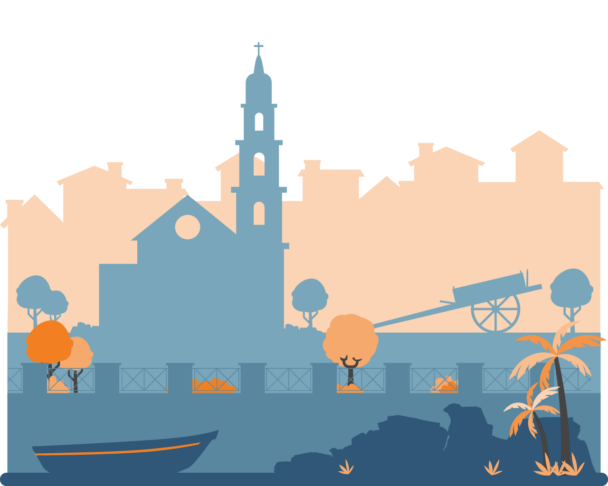Description
Whether they live in the city or in the countryside, children need to feel connected to their environment and develop a sense of personal responsibility for its preservation. In order to do that they need a practical understanding of how ecosystems work; through observation and experimentation with local examples, but also by understanding their common mechanics across the planet.
Throughout the course we map a pathway to a greener future – through a series of hands-on activities: transforming a school garden into a ‘micro farm’, starting a classroom plant nursery, attracting birds and wildlife to the school center, recycling food waste using earthworms, growing mushrooms using recycled materials; we offer our students ‘green lenses’ to see all their actions from an environmental perspective.
Working both inside and outside the classroom we will map a simple action plan to take home and share, so your educational center can introduce these natural connection projects and become more sustainably rooted in the landscape around, while its community also feels a greater sense of belonging to all of nature.
With the certainty that this course brings, we can empower the next generation to truly make a difference in the preservation of our home planet.
What is included
Learning outcomes
By the end of the course the participants will be able to:
- Collect data on the impact of human activity on the environment and plan how to mitigate it;
- Appreciate and encourage nature in an inner-city environment;
- Plan a school micro-farm and community composting project;
- Introduce principles of forest schooling and outdoor education into their school;
- Evaluate practical school-wide environmental projects related to recycling and litter picking;
- Manage an observation survey of wildlife and birds;
- Make some natural cosmetics and cleaning products.
Tentative schedule
Day 1 – Course Introduction
- Introducing the participants and their schools, bioregions, and early experiences with nature;
- Environmental stewardship and belonging to nature;
- Activities on reading the landscape: How ecosystems work and how to move through them with awareness.
Day 2 – Nurturing attitudes to heal our planet
- Paradigms for understanding climate change and other global challenges;
- Recycle, reduce, and reuse applied to schools, mushroom growing;
- The classroom nursery, propagation, seed saving, and reproduction.
Day 3 – Nature connection in the city
- Notice life bursting through the seams in the concrete jungle;
- Wild plant identification, inner-city nature trail, litter picking projects, urban and vertical gardening.
Day 4 – Outdoor education and forest schooling
- The principles of outdoor education and forest schooling;
- Transforming skills, attitudes, and behaviors through direct engagement with outdoor settings;
- Worm composting, bird feeders to support wild species, novel classroom pets.
Day 5 – Mapping a greener future
- Workshop on natural cosmetics and edible skincare;
- Project: Mapping a greener future – What have we learned? What support do we need? What new seeds can we plant in our schools? What new perspectives can we offer our students? Action plan and strategy.
Day 6 – Course closure & cultural activities
- Course evaluation: round-up of acquired competencies, feedback, and discussion;
- Awarding of the course Certificate of Attendance;
- Excursion and other external cultural activities.







